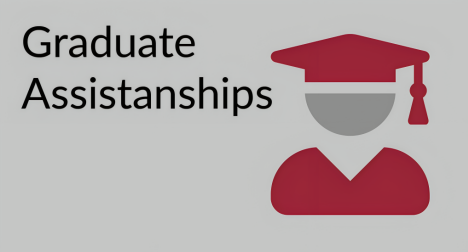Is Your Budget Stopping You From Pursuing an MBA?
Pursuing a Master of Business Administration (MBA) is a significant investment in your education and career. It’s a decision that can potentially open doors to new opportunities, enhance your skills, and increase your earning potential. However, one of the primary concerns that many aspiring MBA candidates face is the cost associated with the program. If you find yourself hesitating because your budget is holding you back, this blog is for you. Let’s explore whether your budget should really be a roadblock on your path to earning an MBA.
Understanding the Cost of an MBA:

First and foremost, it’s essential to have a clear understanding of what an MBA typically costs. The cost of an MBA program can vary widely depending on several factors, including the school’s reputation, location, program duration, and whether you attend full-time or part-time. In general, top-tier MBA programs in the United States can cost upwards of $100,000 or more in tuition alone. However, there are several ways to mitigate these costs.
Financial Aid and Scholarships:

Scholarships:

Many business schools offer scholarships to deserving candidates based on their academic achievements, work experience, or other criteria. These scholarships can significantly reduce your tuition expenses.
Financial Aid:

Explore federal and private student loan options, as well as work-study opportunities. While loans require repayment, they can help you cover the cost of your education upfront.
Employer Sponsorship: Some employers offer tuition reimbursement or sponsorship programs for employees seeking to earn an MBA. Check with your current employer to see if they have any such provisions.
Graduate Assistantships:

In some cases, you may be able to secure a graduate assistantship, which can provide a stipend and sometimes even full tuition coverage in exchange for research or teaching assistance.
Budgeting and Financial Planning:

Managing your finances is crucial when considering an MBA. Here are some strategies to help you budget effectively:
Create a Financial Plan: Develop a detailed financial plan that includes your current savings, expected income, and projected expenses during your MBA program.
Cut Unnecessary Expenses: Review your current spending habits and identify areas where you can cut back. Small sacrifices now can pay off in the long run.
Part-Time Work: If possible, consider working part-time or freelancing during your MBA program to supplement your income.
Consider Online or Part-Time Programs: These options often have lower tuition costs and allow you to work while pursuing your degree.
Return on Investment (ROI):
It’s crucial to view your MBA as an investment in your future, rather than an expense. An MBA can significantly boost your earning potential and career opportunities. Research the average salaries and career advancement statistics for MBA graduates in your chosen field to assess the potential return on investment.
Network and Alumni Connections:
One of the intangible but valuable aspects of pursuing an MBA is the opportunity to build a robust professional network. This network can lead to job offers, mentorship opportunities, and even financial support. Consider reaching out to alumni of your target MBA programs to inquire about their experiences and any financial advice they may have.
Alternative Paths:
If your budget constraints are insurmountable, you can explore alternative paths to achieving your career goals:
Online Courses and Certifications: Many reputable institutions offer online courses and certifications that can provide you with valuable skills and knowledge at a fraction of the cost of an MBA.
Employer-Sponsored Training: Some employers offer training programs and opportunities for career advancement that don’t require a full MBA.
Hybrid Approaches: Consider a part-time MBA program while working to lessen the financial burden.
Conclusion:
While the cost of pursuing an MBA is a significant consideration, it should not necessarily be a barrier to your dreams of furthering your education and advancing your career. With careful financial planning, scholarship opportunities, and a long-term perspective on the return on investment, you can find ways to make your MBA aspirations a reality. Remember that your education is an investment in yourself, and the benefits of an MBA can extend far beyond financial gains, including personal and professional growth and a valuable network of peers and mentors.